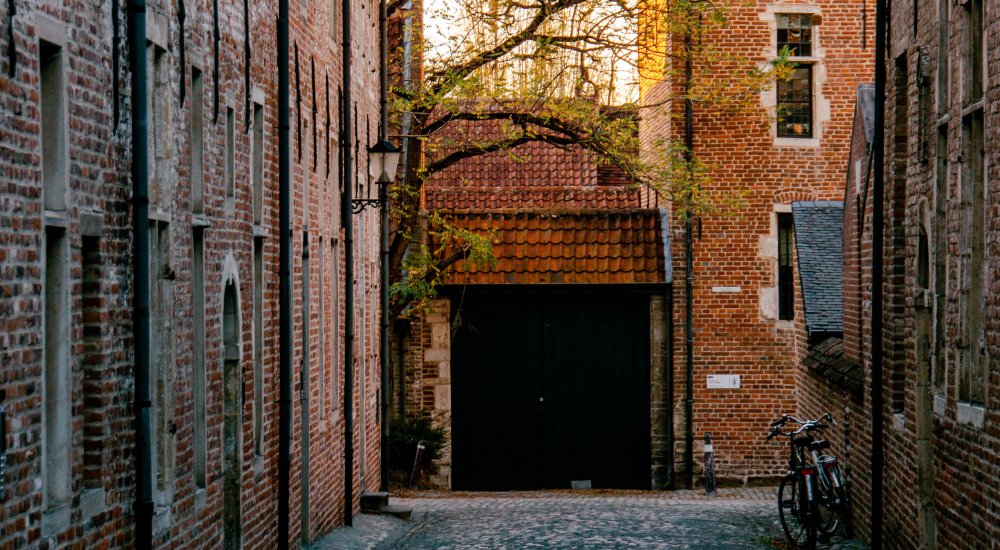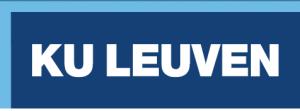KADOC Fellowships on Religion, Culture and Society (1750-)

KADOC, the Interfaculty Documentation and Research Centre on Religion, Culture and Society at KU Leuven, is one of the leading cultural heritage institutions in Belgium and an international research centre focusing on the interactions between religion and society from the 18th century until present.
Our collection of archives and books documents the impact of religion on a variety of aspects of modern culture and society, in Flanders and internationally. KADOC’s research initiatives embrace innovative methods and deal with many different themes: gender, transnationalism and regionalism, imagination and practices, popular religion, intercultural exchanges, religion and science, religious entrepreneurship, subalternity, religious conflict and tolerance… International exchanges with innovative scholars working on these fields are key to our mission.
KADOC-KU Leuven yearly awards one fellowship to a young international scholar (M/F/X, with max. 10 years of scientific seniority after PhD) working on topics related to its main research fields. This programme offers the selected candidate the opportunity to work in our collections, to establish new scholarly links, and to broaden his/her/their expertise in close interaction with Leuven scholars and heritage professionals.
The 2023 call expresses a particular interest in candidates researching topics connected to the overall theme ‘Religion, globalization and international solidarity’. KADOC holds an impressive collection of documentary heritage related to international organizations and transnational exchanges.
What we offer
- a unique opportunity to pursue research while living and working for two to max. three months in Leuven. KADOC offers a stimulating working environment.
- a monthly stipend of € 500, covering the costs of living in Belgium.
- an intervention in your housing costs at the Leuven Great Beguinage for a max. of 800 euro/month.
- close interaction with and support from scholars and professionals connected to the Centre. Each fellowship holder will be assigned one or more mentors or ‘buddies’.
- easy access to the Leuven collections and research infrastructure, the rich archival and book collections of KADOC in particular.
- a well-equipped working-space and all necessary administrative and logistical support
What we expect
- motivated candidates with proven research expertise on the topic
- applicants should have obtained their first doctoral degree not more than 10 years before the deadline.
- a well-considered plan for your research-stay, linked to tangible and achievable goals. This plan should make clear how your fellowship interlinks with KADOC’s collections and can impact its research activities.
- KADOC-fellows will work at the Centre in Leuven and actively participate in KADOC’s research activities and networks, for instance by hosting a seminar or contribute to its publications.
- proficiency in English, demonstrated by publications and/or an official certificate.
The KADOC research fellowship 2021 was granted to Dr. Paul Glen Grant (Wisconsin- Madison). In 2022-2023 dr. Eva Schalbroeck (Utrecht) joined our research team for three months. During their research stays both scholars intensively valorized the rich documentary collections of KADOC, the many missionary archives relating to the Belgian Congo in particular.
KADOC-KU Leuven seeks to foster an inclusive environment where all talents can flourish, regardless of gender, age, religion, cultural background, nationality, sexuality or disability. We support our university’s commitment to social responsibility, diversity and inclusion.
Evaluation
Submitted applications will be evaluated and ranked by the Scientific Committee of KADOC.
This evaluation involves both the criteria ‘candidate’ and ‘research project’. The candidates will be assessed on their scholarly background, accomplishments and potential. The evaluation of the project plan will focus on its scientific quality and relevance, innovativeness and feasibility, and how the plan is embedded within the collections and expertise of the host institution.
How to apply
Candidates are invited to submit their application using the dedicated web-module before Friday 28 April 2023 5 p.m.
Notification
Candidates will receive formal notification of the reception of their application. They will be notified on the results of the evaluation procedure
no later than Friday 16 June 2023.
Questions?
Please contact Dr. Peter Heyrman, head of Research
DEADLINE FOR APPLICATIONS
28 April 2023 > 5 p.m.
TO BE AWARDED
one fellowship for a period of 2 to max. 3 months in the academic year 2023-2024
ANNOUNCEMENT OF THE RESULTS
16 June 2023
